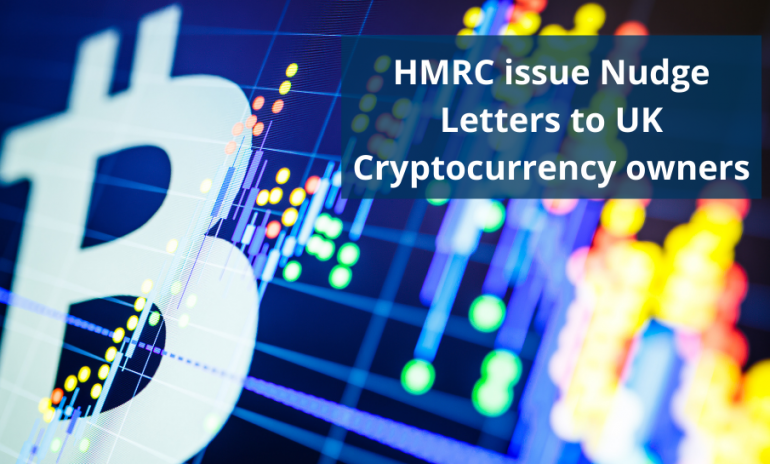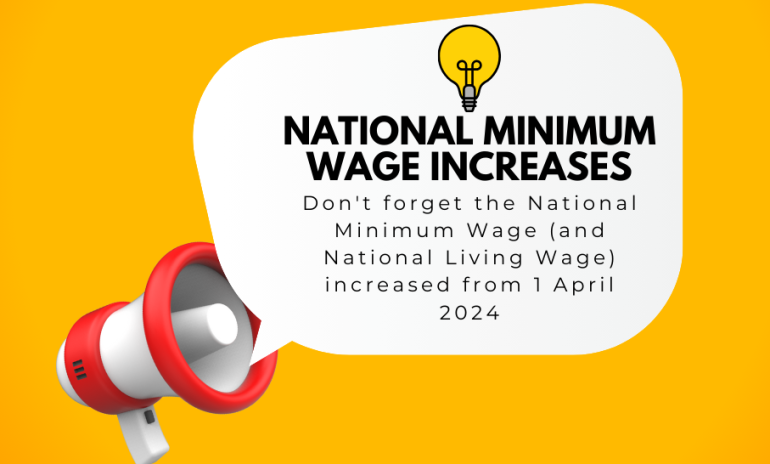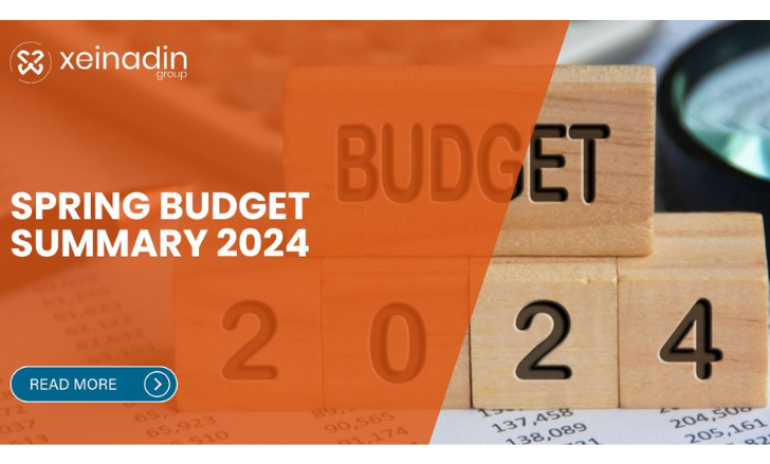HMRC Issue Nudge Letters to UK Cryptocurrency Owners
Date: 25/11/21

HMRC has sent letters to taxpayers it has identified as holders of cryptoassets, such as BitCoin, encouraging them to consider their Capital Gains Tax (CGT) position when disposing of such assets. According to official HMRC data, the amount of tax underpaid by cryptocurrency investors has tripled from £142,000 last year to £428,000.
Holders of cryptoassets, better known as cryptocurrency, that have made disposals of such assets in 2020/21 or earlier tax years, are being asked by HMRC to check if they have any realised gains in excess of the annual exempt amount (currently £12,300). This allowance is not exclusive to cryptoassets, it also covers any disposal of other assets, such as shares, or property.
Disposal of cryptoassets can include:
- Selling cryptoassets for fiat currency (eg; USD, or GBP). Gains from these transactions are taxable, even if the money you make is not 'withdrawn' from the cryptoasset exchange.
- Exchanging one cryptoasset for another, for example, Bitcoin to Ether. You must pay CGT on these gains, even if you haven't converted your cryptoassets back to fiat currency.
- Using cryptoassets to buy goods or services.
HMRC considers that the location of a cryptoasset for CGT and Inheritance Tax (IHT) purposes depends on whether it is simply a digital representation of an underlying asset.
If it is, then the location of the underlying asset will determine the location of the cryptoasset.
Where the cryptoasset is distinct from any underlying asset, then HMRC’s view is that none of the statutory rules in the Taxation of Chargeable Gains Act 1992 apply. Instead, it is HMRC’s view that:
- exchange tokens have an economic value as they can be “turned to account” - for example, exchanging them for goods, services, flat currency or other tokens;
- exchange tokens are a new type of intangible asset (different to other types of intangible assets, such as shares or debentures); and
- the only identifiable party to consider is the beneficial owner of the exchange token, such that the location of the cryptoasset will be determined by the residency of the beneficial owner.
HMRC’s conclusion, therefore, is that a UK resident individual will always need to pay tax on the disposal of such assets if they are the beneficial owner, regardless of their place of domicile.

Author: Wendy Hird
Wendy’s exceptional knowledge and experience, gained through spending 7 years with HM Revenue and Customs before joining Scott & Wilkinson in 1996, makes her one of our most respected taxation specialists. She has worked...
0 Comment
Add your Comment
We have the ability to edit and/or delete posts and comments. Links should be relevant to the topics. Please note all comments are subject to review before inclusion.














Nobody has commented yet. Why not add one?